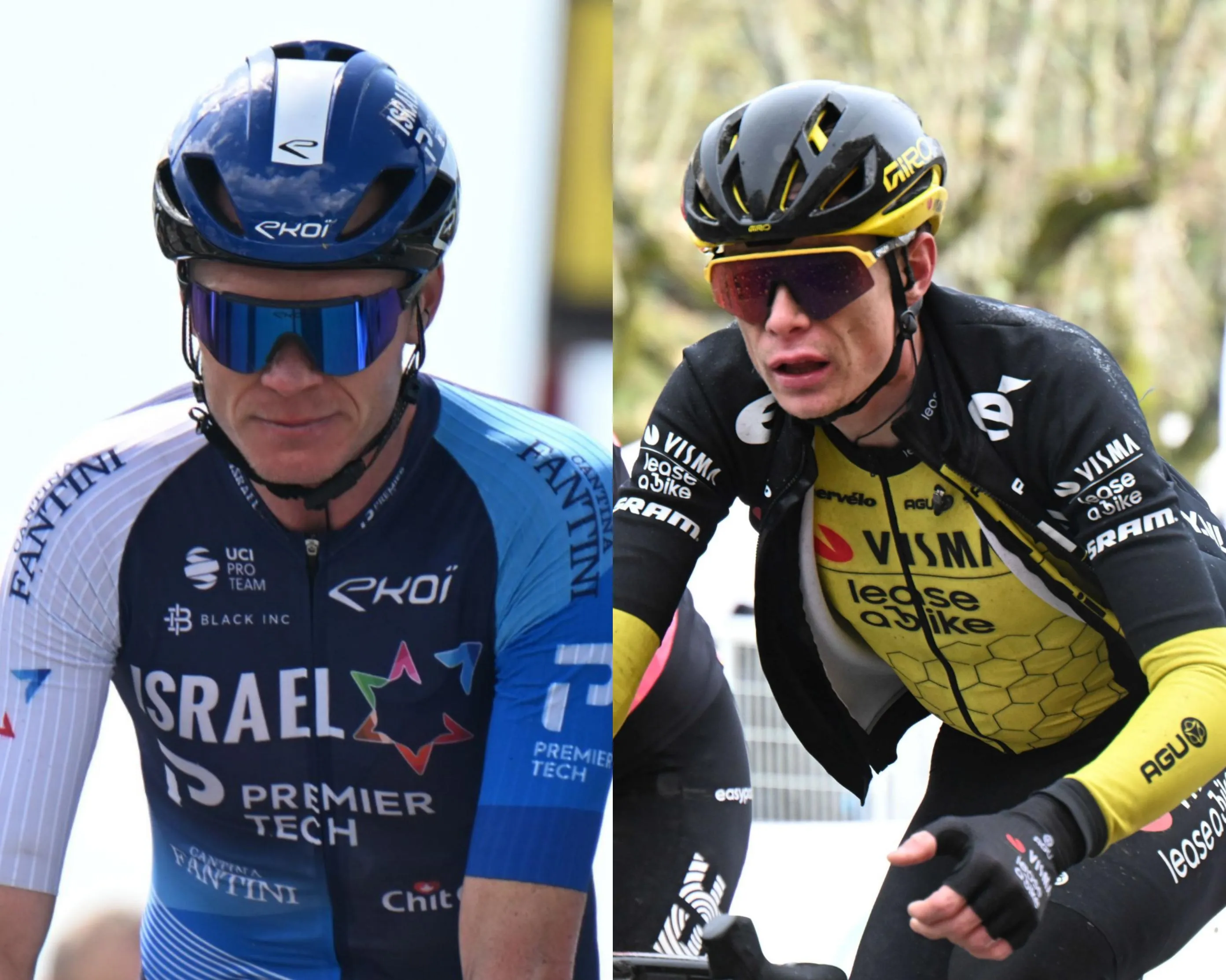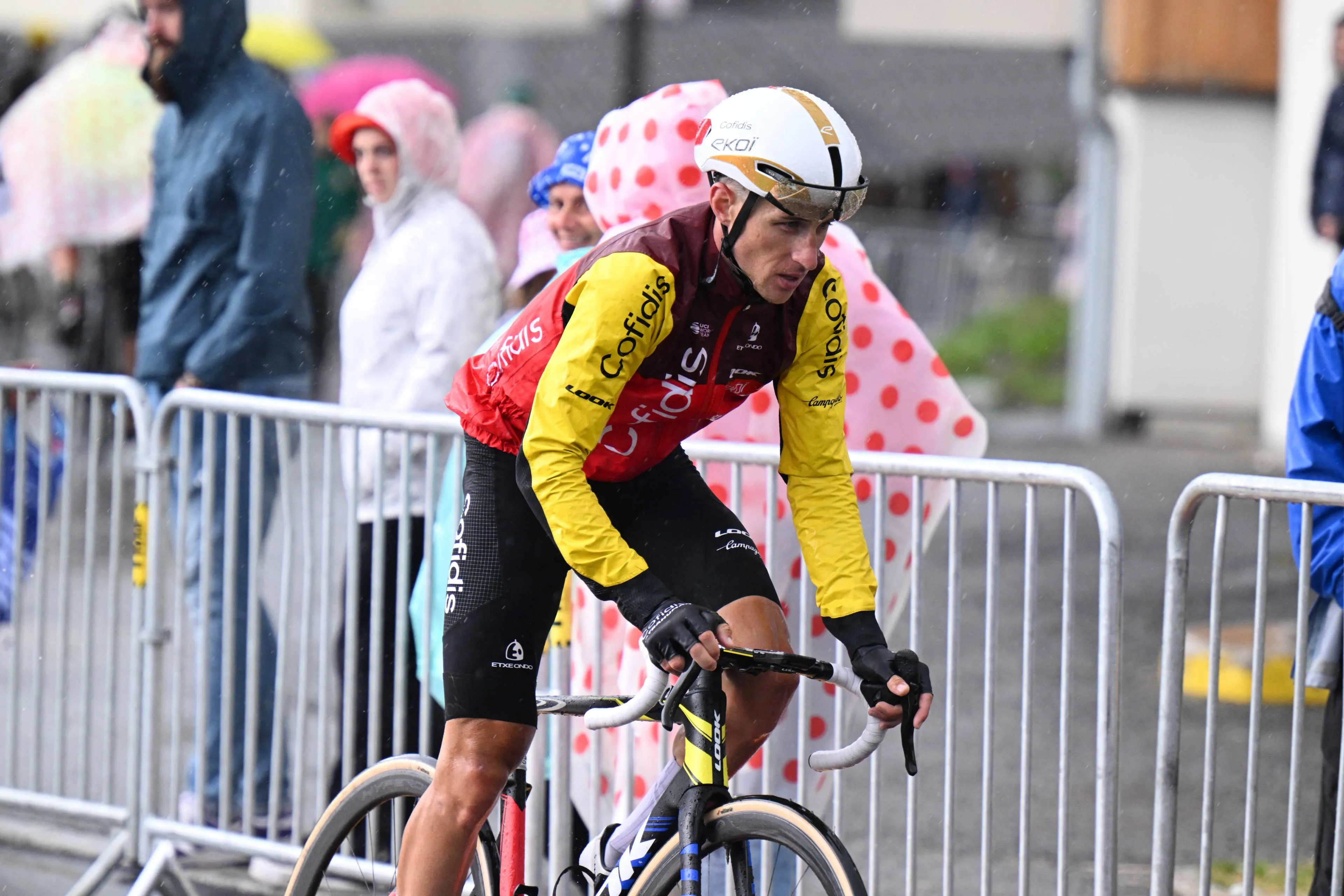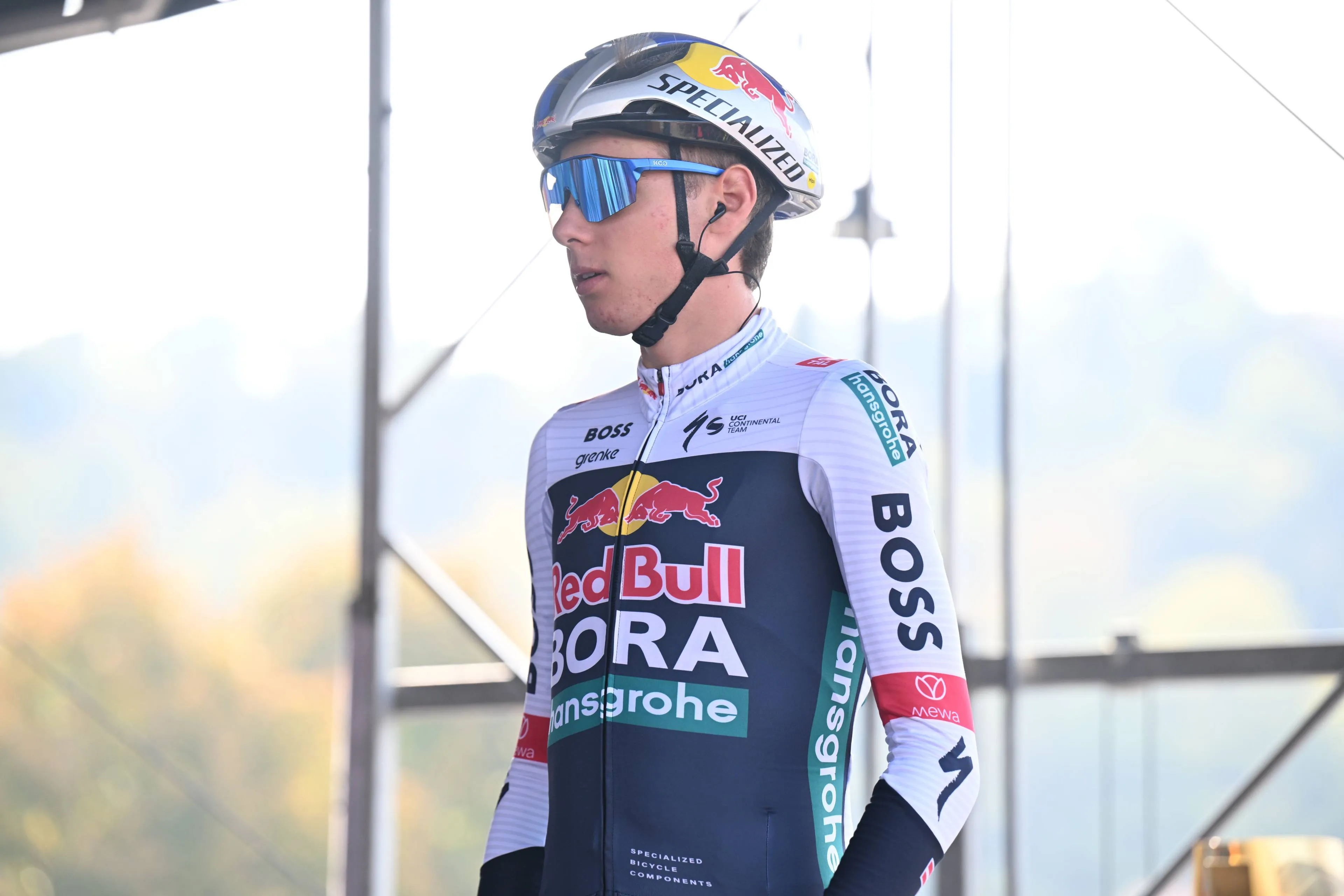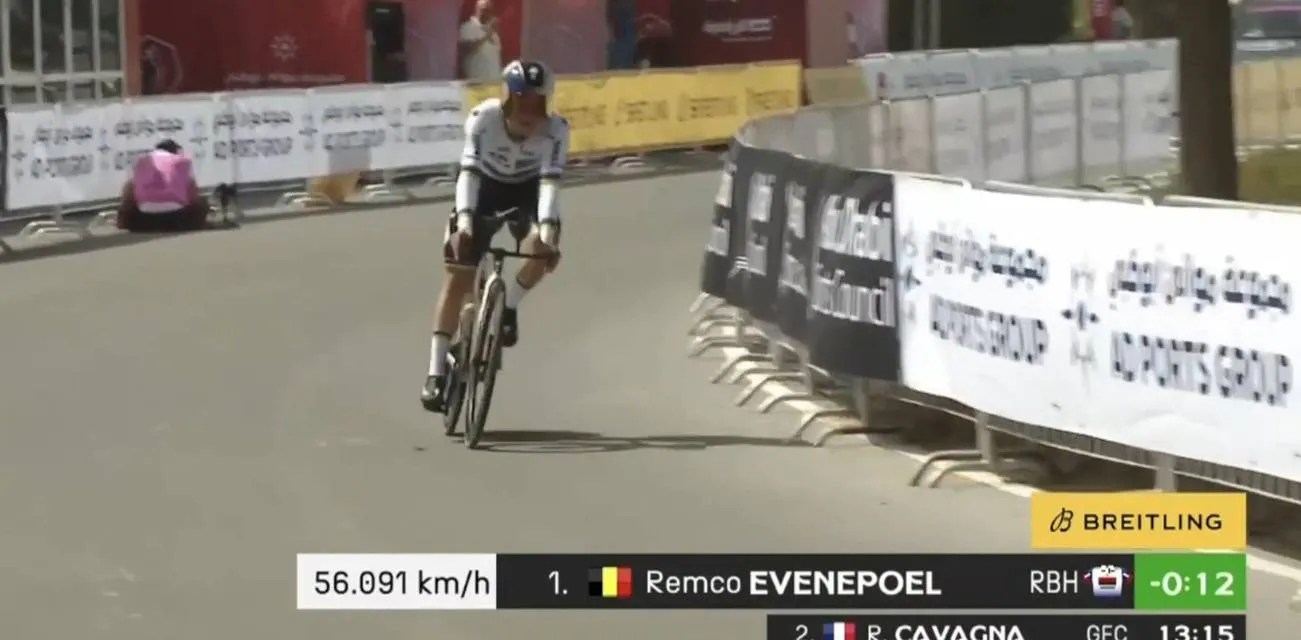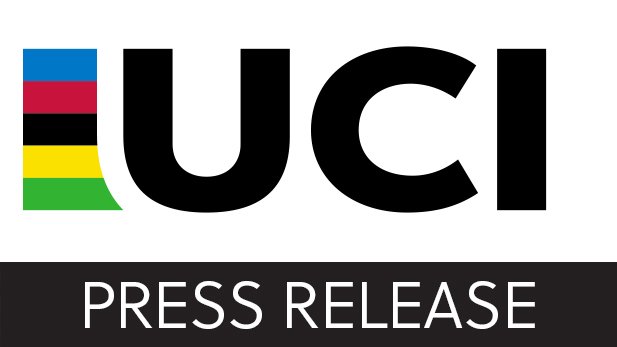UCI explains how doping will be tackled at the 2024 Tour de France
CyclingThursday, 27 June 2024 at 08:30

The 2024 Tour de France is just around the corner. The biggest cycling event on the planet has been in the center of many riders' year-long preparation. And cycling authorities will be also more than ready. That is - for riders who'd try to use any illegal techniques to make up for insufficient level heading into Grande Boucle. In a press release, UCI explains how the testing will be approached in (and during the run-in to) the grand tour.
All doping controls at the Tour de France will be targeted and performed at any time throughout the three-week race, not only at the finish line. At every stage, the yellow jersey and stage winner will be tested. This year, all samples will primarily be sent to the World Anti-Doping Agency (WADA)-accredited anti-doping laboratory in Lausanne, Switzerland.
Read also
While around 600 blood and urine samples will be collected during the race, the period prior to the Tour de France is also key to guarantee a level-playing field during the race. Therefore, the ITA will have conducted around 400 out-of-competition tests in the month leading up to the event.
Go directly to the Fantasy
Tour de France and create your own Fantasy team. At least 12.350 USD/11.500
Euro/9,700 GBP in prizes!
At the end of the race, the ITA will make a selection of samples that will be kept for potential re-analysis over the next 10 years, and will keep monitoring athletes closely after the Tour de France based on all relevant data it will have collected before and during the race.
Read also
When it comes to the fight against technological fraud at the Tour de France, controls for the presence of any possible propulsion systems hidden in bikes will be carried out with the use of several non-intrusive tools available to the UCI such as magnetic tablets. In 2024, a new non-intrusive inspection tool will be added to the UCI's arsenal as part of the improvement of its detection programme using the latest technology. Further information on this subject will be communicated in due course after the 2024 Tour de France.
Before each of the 21 stages, a UCI Technical Commissaire will be at the team buses to check all bikes being ridden at the start of that day’s stage. These pre-stage checks will be carried out using magnetic tablets.
After each stage, checks will be carried out on bikes ridden by: the stage winner, riders wearing a leader’s jersey (yellow, green, polka dot, white), several randomly-selected riders, and any rider who gives rise to suspicion, for example following the pre-stage control, or incidents picked up by the UCI Video Commissaire.
Read also
claps 1visitors 1
Just in
Popular news
Latest comments
- Completly agree, Jan was in front of van gils, following Pidcock wheel, it was Van gils who tried to force his way through Jan and the barriers. Are they blaming Jan because he belongs to the richest team that win a lot?
 maria2024202418-02-2026
maria2024202418-02-2026 - Clickbait title, not reality-based. Yawn.itsent18-02-2026
- lame, but probably correctantipodeanpedalfan18-02-2026
- Van Gils rode like wanted to get crashed or way too over confident that he was going to overtake Jan before getting pinched. It was obvious were Jan was going/had to go and MVG had the whole road to give an inch so he would have a chance to overtake on the rightjad2918-02-2026
- Double book this showing with the Melania documentary and you might get 100 people to see it...total !frieders318-02-2026
- Simple solution...stay off the barriers since you might get closed out ! Christen's sprint was legal as he was trying to get into the slipstream of Pidcock.frieders318-02-2026
- I believe Remco now understands that he will have issues reaching the top step as long as Tadej is in the Tour, whiles he's a year junior to Tadej he has had his upper body rebuilt twice now from crashes over the last few years. I think he has a chance to win the Tour in a few more seasons, you can only prepare yourself as best you can and try. He said he needs to race some more one week stage races, he should, he can probably win them all. I also believe Remco should aim for another Vuelta if he comes out of the Tour in good form and maybe he should think about the Giro again for next season. This is potentially Tadej's fifth Tour win coming up this year, no one is going to derail that unless he falls off the bike or gets really sick.awp17-02-2026
- Not only will the great narcissist get his voice, but he'll benefit financially from this as well. Who says that cheating and lying your way to victory doesn't pay?
 santiagobenites17-02-2026
santiagobenites17-02-2026 - It'll make a good double feature with the Michael Jackson soft focus biopic.LumbarDeniro17-02-2026
- Yeah, whilst MVDP would never break a bone on the MTB... 😂Sexass17-02-2026
Loading
The UCI unveils its programme to combat doping and technological fraud for the 2024 Tour de France bit.ly/3VWjmta
Write a comment

